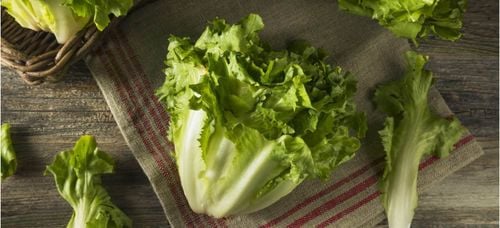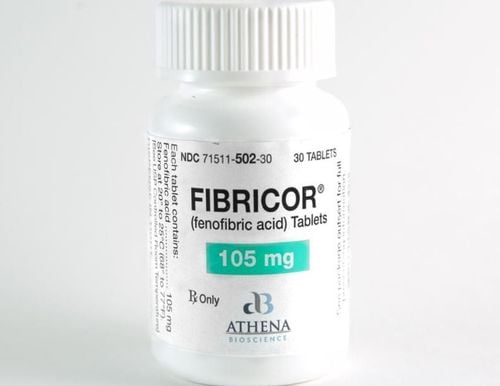This is an automatically translated article.
Cowpeas are small beans in the legume family, also known as peas. The following information will provide information on the nutritional value and health benefits of cowpeas for consumers.
1. Nutritional composition of cowpeas
Cowpea is extremely rich in nutrients, fiber and protein. They are also a source of some important micronutrients for the body such as: Folate, copper, thiamine and iron ...
Nutritional information of a cup of cooked cowpeas (about 100 grams) includes Includes specific nutrients in the following table:
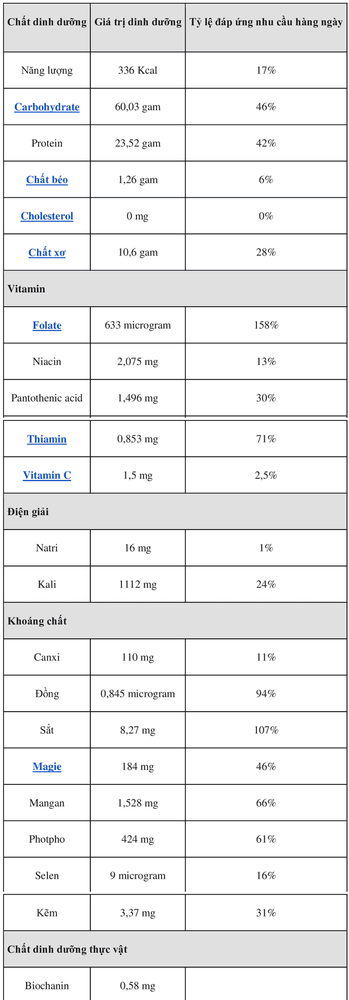
Thành phần dinh dưỡng của đậu đũa
All varieties of cowpea are a very good source of protein as well as fiber. Fiber has a laxative-like effect, helping to protect the lining of the colon by reducing the time it is exposed to harmful substances as well as binding to chemicals that cause small bowel cancer or colon cancer. . In addition, fiber also lowers blood cholesterol levels by reducing the reabsorption of cholesterol-binding bile acids. Cowpea is a good source of biochanin A - A plant estrogen that plays an important role in diets for cancer prevention. Cowpea is also a gluten-free food, so it can be used as a substitute for gluten-allergic patients. Cowpea is also a good source of several B vitamins such as: folate, thiamin, pantothenic acid, pyridoxine, riboflavin and niacin... Most of these enzymes are active in the metabolism of carbohydrates, proteins and fats. Folate along with vitamin B12 is one of the substances necessary for DNA synthesis and cell division. Adequate folate intake for pregnant women may help prevent nervous system defects in infants.
In addition, cowpea also provides the necessary amount of potassium to neutralize the amount of sodium in the body to help reduce blood pressure.
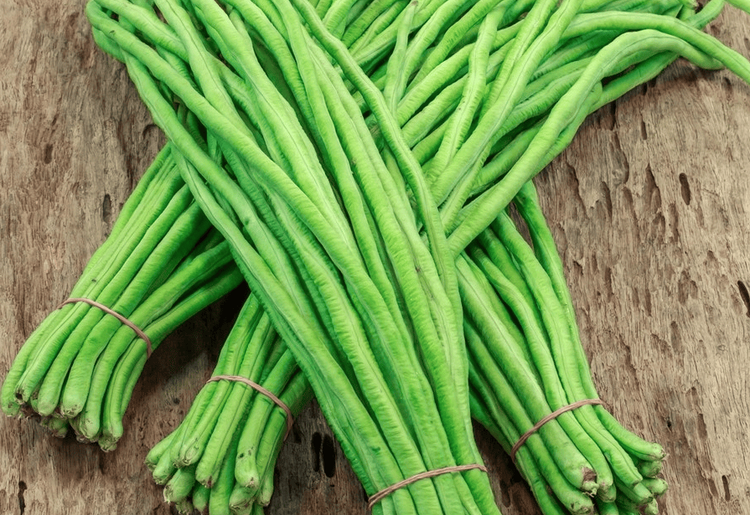
Đậu đũa chứa nhiều thành phần dinh dưỡng tốt cho sức khỏe của người dùng
2. Benefits of cowpeas
Because of the high content of essential nutrients, cowpea has many benefits for the body. These include:
2.1 Supports weight loss Due to its high protein and soluble fiber content, adding cowpeas to your diet is a great way to lose weight. The protein in cowpeas has been shown to reduce levels of ghrelin, a hormone that stimulates feelings of hunger. Meanwhile, soluble fiber has a gel-like effect, moving slowly through the digestive tract to help create a feeling of fullness for longer.
2.2 Promotes Gastrointestinal Health Cowpeas provide an important source of dietary fiber that protects the digestive tract, stimulates bowel movements, and softens stools in constipated patients. Another study shows that fiber can also help prevent other digestive disorders such as: Reflux, hemorrhoids and stomach ulcers...
Soluble fiber in cowpeas and certain types Other plants also provide prebiotics, which stimulate the growth of beneficial bacteria in the gut that help form a healthy microbiome.
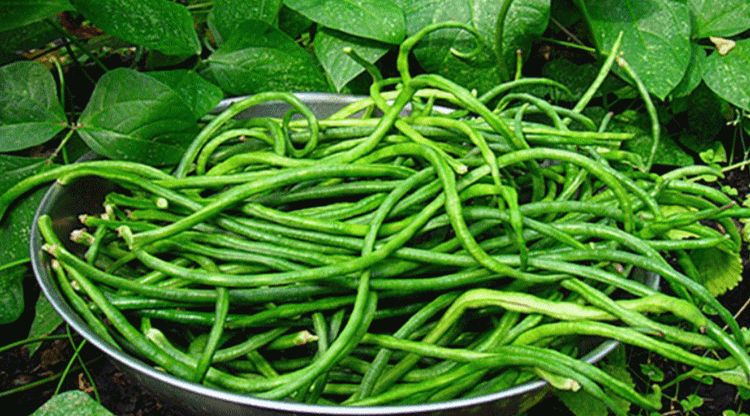
Đậu đũa giúp tăng cường sức khỏe đường tiêu hóa
2.3 Improves Heart Health The nutritional components in cowpeas have been shown to protect the cardiovascular system through its ability to reduce a number of risk factors for heart disease such as: Heart valve disease, heart disease. Congenital heart disease, arrhythmia, atherosclerosis, aortic aneurysm ....
Many studies have shown that regular consumption of legumes, especially cowpeas, has the ability to reduce total cholesterol levels. as well as bad cholesterol (LDL), which contributes to the protection of the cardiovascular system. In addition, they also work to reduce inflammation thereby reducing the risk of cardiovascular diseases.
Besides providing many health benefits, cowpeas are also very versatile and can be prepared in many different ways from boiling, cooking, with meats, other seasonings or making soups, stew and salad...
Any questions that need to be answered by a nutritionist at Vinmec International General Hospital, you can contact Vinmec Health System nationwide or register online HERE .
References: healthline.com, nutrition-and-you.com
SEE MORE
Nutritional composition of spinach Moringa leaves are not good for everyone to eat. Spinach is a sedative, cools the liver, and detoxifies heat.




